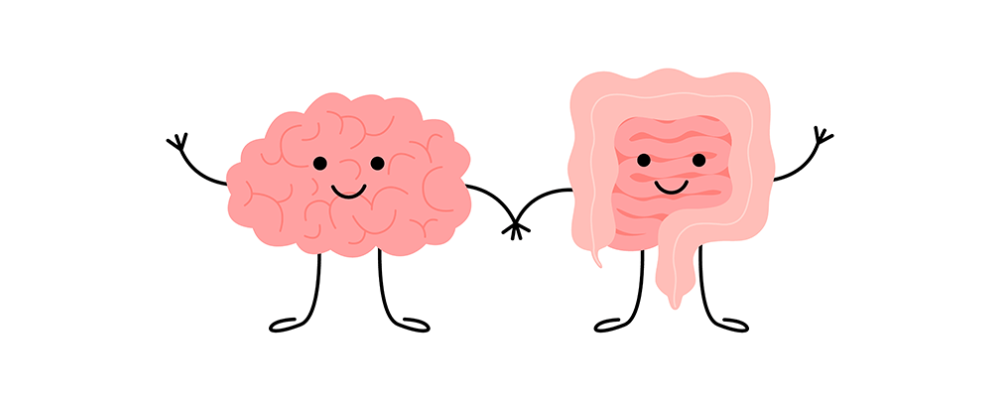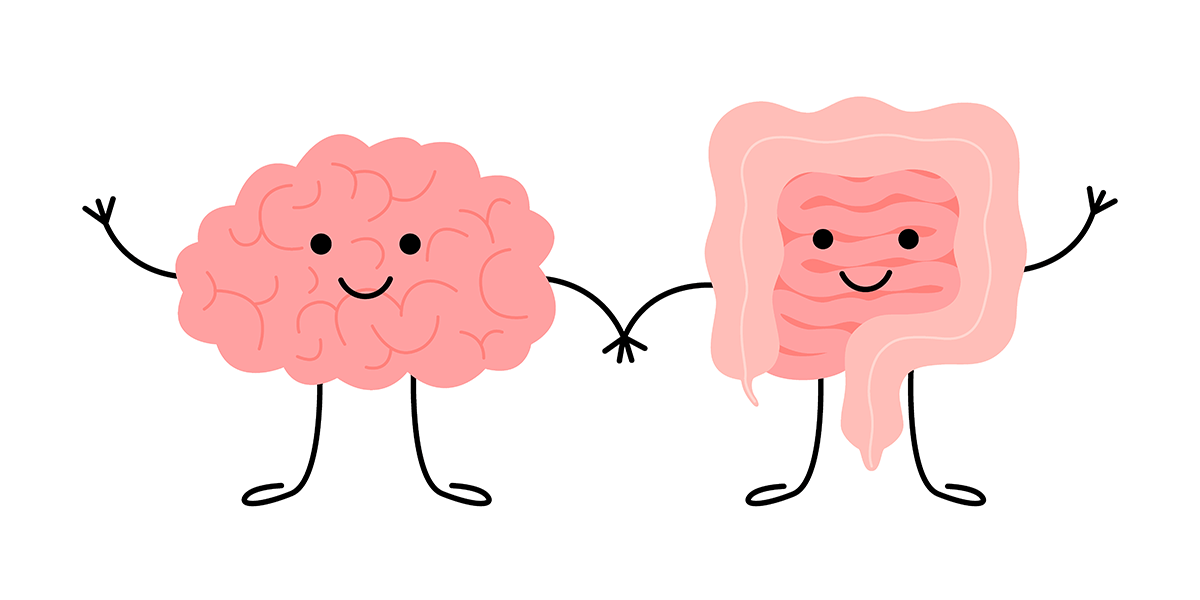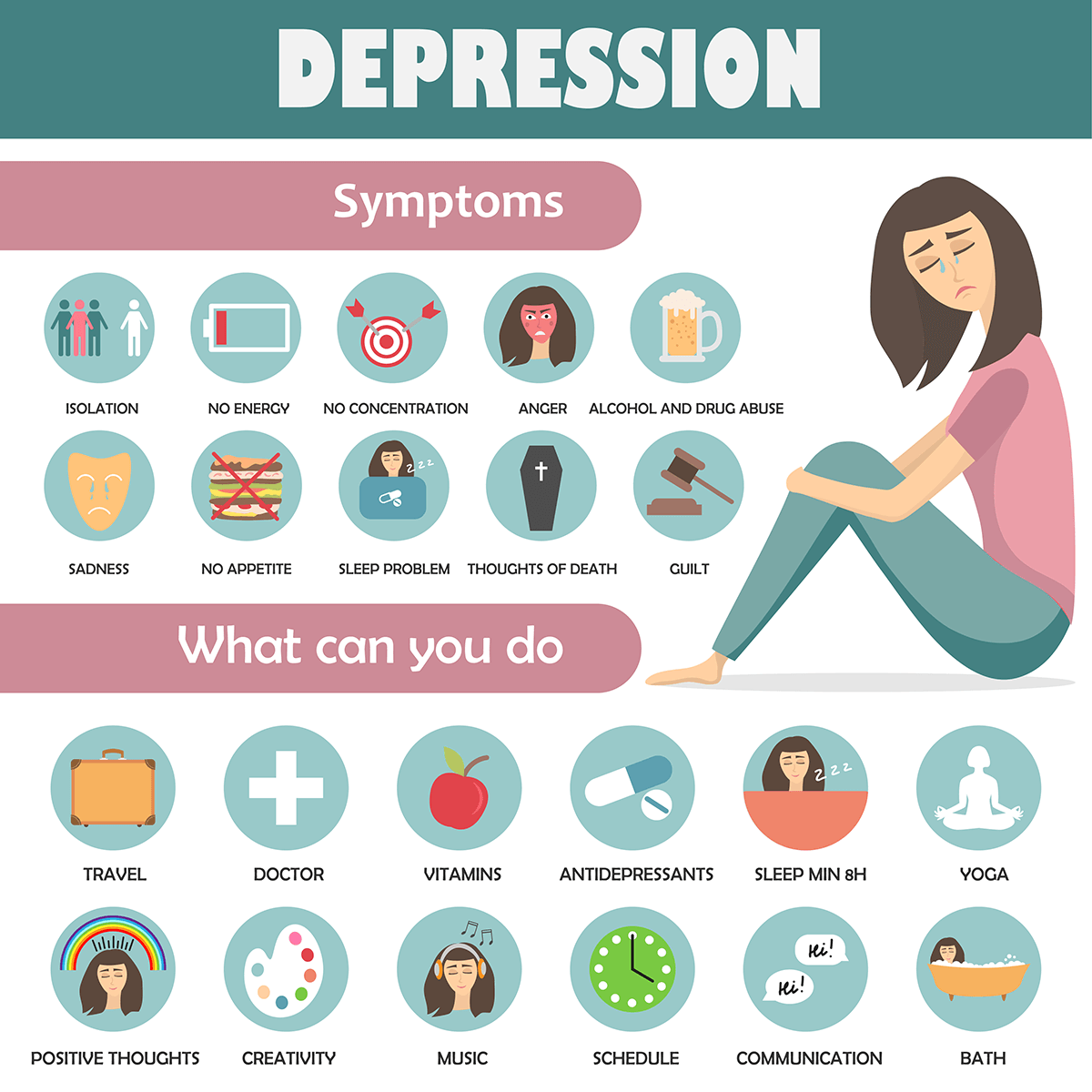Leave a Reply
Your email address cannot be published. Required fields are marked*

Did you know that 1 in 5 adults experienced a mental health issue? Based on mental health data in America, 1 in 6 young people experienced a major depressive episode and 1 in 20 lived with serious mental illness, such as schizophrenia, bipolar disorder or major depression. In Malaysia, mental illness is one of the leading causes of disability and health loss, accounting for 8.6% of total disability-adjusted life-years (DALYs)1. Based on the most recent data that was published by the Malaysian Ministry of Health in 2015, it can be identified that the prevalence of mental disorders among adults was 29%. This is a three-fold increase in comparison with the 10% prevalence rate identified in 19961,2.
The increasing cases of mental disorders in Malaysia are highly associated with economic burden, especially during the COVID-19 pandemic era since March 2019. Many people have lost their jobs or gotten a pay reduction for the company to save costs. This makes it harder for affected people to make ends meet as they are struggling financially and mentally. According to media reports citing statistics by the Social Security Organisations (SOCSO) Employment Insurance Scheme, nearly 100,000 people in Malaysia have lost their jobs in 2020. This matter was also previously revealed by the Minister of Economic Affairs: Datuk Seri Mustapa Mohamed who stated that Malaysia’s Poverty rate had increased to 8.4% last year from 5.6% in 2019.
Mental illness can be defined as a group of illnesses that may include symptoms that affect a person’s thinking, perceptions, mood or behavior. There are many types of mental illnesses such as post-traumatic stress disorder, depression, bipolar disorder, obsessive compulsive disorder (OCD), anxiety, eating disorder and schizophrenia. These mental disorders can be chronic and long-lasting; thus, it needs to be treated by healthcare professionals: psychiatrist, psychotherapist and mental health counsellor. However, mental illness cannot be self-diagnosed even when you might have all the symptoms. To confirm your condition, you need to consult mental healthcare professionals for proper diagnosis to get proper help. Also, despite the raising awareness in the society, people with mental health conditions still experience severe human rights violations, discrimination and stigma. They would dismiss the outright or accuse the patient of ‘faking’ which worsen the condition of the patient’s mental health.
This is why mental health awareness is important in society, but awareness alone is not enough. The society itself need to have empathy and react appropriately when facing these people (not avoiding them and judging them for not being able to do work due to their conditions) because all they need is positivity and support for them to keep living and also strength to fight their own inner voices. Similarly, having an abstract awareness of mental health issues does not automatically translate to a willingness or ability to do anything about them. Someone may be newly aware of what is happening when a friend is in the grips of depression, but they could also be aware that helping them is likely to be challenging, stressful and largely unrewarding. The latter could well be what sways their behaviour, compelling them to keep their distance rather than intervene.
Now, let’s get to know about the most common mental health issues faced in our society: anxiety and depression. Anxiety is a normal emotion thus occasional anxiety will not harm. However, anxiety disorders are concerning as it is a condition with constant fear and anxiety. This anxiety disorder often causes panic attack that cause chest pain, palpitations, sweating and breathing difficulty. Meanwhile, depression or also known as major depressive disorder (MDD) affects the emotions, way of thinking and actions. The symptoms include insomnia (trouble of sleeping), difficulty in thinking, lose focus easily, often feeling worthless and guilty, increased fatigue and lose appetite or increase in appetite. These two conditions are mostly diagnosed together in a person.

It can be said that these mental health problems are mainly caused by excessive and continuous stress. It is also known that stress may lead to a condition known as leaky gut. When leaky gut happens, it will affect the body’s GI system, immune system, mood, and emotions, which will worsen the condition of a patient with mental illness. Patients with COVID-19 or post-COVID also associated with gut dysbiosis – imbalance of gut microbiome or reduction in the number of good bacteria in the body, and leaky gut too. Patients infected with COVID-19 might have hypercytokinemia, a severe immune reaction in which the body releases too many cytokines into the blood too quickly, and this is harmful to the body. Studies have also reported elevated plasma levels of pro-inflammatory cytokines such as IL-1, IL-6 and tumor necrosis factor alpha in severe COVID-193,4. These cytokines influence dysbiosis and leaky gut to occur, that enables further entry of bacteria and toxins, which consequently causes inflammation to the gut lining. The interesting part is that, the gut can directly communicate with brain (which goes both ways) through gut-brain connection (vagus nerve) which can easily be felt or observed when one is stress, hungry or nervous5. For instance, when leaky gut occurs, more inflammatory signals can travel to the brain through gut-brain connection and initiate stress condition. If this condition is left untreated, this two-way communication can exacerbate both gut and mental health condition, where the gut-brain axis is not working efficiently. In other words, mental disorders and COVID-19 can affect the movement and contractions of the GI tract (digestion) and reduce or increase appetite (food intake) which will worsen the gut condition.
One of the ways that can be done to elevate the said issues is by adding probiotics into our diet - help restore gut microbiota and protect gut lining. The National Health Commission of China had recommended the use of probiotics to maintain gut microbiota and prevent secondary bacterial infections in gut dysbiosis/leaky gut patients6. Besides that, the World Health Organization (WHO) defines probiotics as “live microorganisms which when administered in adequate amounts confer a health benefit on the host”7. Probiotics are also beneficial to promote good mental health through the production of Short Chain Fatty Acids (SCFAs) or neurotransmitters such as GABA, serotonin, catecholamines and/or acetycholine8. Neurotransmitters are chemical substances that can influence neural signaling of gut-brain axis. They are also capable of stimulating the release of anti-inflammatory cytokines and curb the cortisol hormone which is related to stress hormone8. This shows that use of probiotics has the potential to improve one’s mental health condition. In Malaysia, the evidence-based probiotic product is HEXBIO®, which contains MCP® BCMC® strains, and has been clinically-tested extensively and showed no side effects or dependency. Reported studies of MCP BCMC strains showed that HEXBIO helps restore gut barrier integrity, faster return of gut function (2x) after operation and reduce ≥60% of inflammation9,10,11. To put it briefly, this MCP® BCMC® is safe to be used and effective to help with mentioned issues.

To conclude, stress and COVID-19 infections may cause imbalances of gut microbiota in our body and cause inflammation to our gut lining which will affect quality of life. As mentioned, probiotics have been proven to help with restoring the gut microbiota and improve brain function, balance hormones, boost immune system and reduce inflammation – all of which can have positive effects on mental health such as anxiety and depression. Last but no least, the listed tips below might help you in improving your mental health and maintaining a healthy gut.
References
[1] Ning, C. The economic cost of mental disorders in Malaysia. Lancet Psychiatry 2020; 7(4): e23
[2] Institute for Public Health. National Health & Morbidity Survey 2015. Volume II: Non-Communicable Diseases, Risk Factors & Other Health Problems. Ministry of Health Malaysia, 2015.
[3] Han H, Ma Q, Li C, Liu R, Zhao L, Wang W, et al. Profiling Serum Cytokines in COVID-19 Patients Reveals IL-6 and IL-10 are Disease Severity Predictors. Emerg Microbes Infect (2020) 9:1123–30. doi: 10.1080/22221751.2020.1770129
[4] Zhou Y, Fu B, Zheng X, Wang D, Zhao C, Qi Y, et al. Pathogenic T-Cells and Inflammatory Monocytes Incite Inflammatory Storms in Severe COVID-19 Patients. Natl Sci Rev (2020) 7:998–1002. doi: 10.1093/nsr/nwaa041
[5] Seguella L, Sarnelli G, Esposito G. (2020). Leaky gut, dysbiosis, and enteric glia activation: the trilogy behind the intestinal origin of Parkinson’s disease. Neural Regeneration Research, 15(6), 1037.
[6] Gao QY, Chen YX, Fang JY. 2019 Novel Coronavirus Infection and Gastrointestinal Tract. J Dig Dis (2020) 21:125–6. doi: 10.1111/1751-2980.12851
[7] Food and Agriculture Organization and World Health Organization Expert Consultation. Evaluation of health and nutritional properties of powder milk and live lactic acid bacteria. Córdoba, Argentina: Food and Agriculture Organization of the United Nations and World Health Organization; 2001.
[8] Misra S, & Mohanty D. (2019). Psychobiotics: a new approach for treating mental illness?. Critical Reviews in Food Science and Nutrition, 59(8), 1230-1236.
[9] Malik AA, Rajandram R, Tah PC, Hakumat-Rai VR, Chin KF. Microbial cell preparation in enteral feeding in critically ill patients: A randomized, double-blind, placebo-controlled clinical trial. J Crit Care. 2016 Apr;32:182-8. doi: 10.1016/j.jcrc.2015.12.008. Epub 2015 Dec 15. PMID: 26777745.
[10] Golkhalkhali B, Rajandram R, Paliany AS, Ho GF, Wan Ishak WZ, Johari CS, Chin KF. Strain-specific probiotic (microbial cell preparation) and omega-3 fatty acid in modulating quality of life and inflammatory markers in colorectal cancer patients: a randomized controlled trial. Asia Pac J Clin Oncol. 2018 Jun;14(3):179-191. doi: 10.1111/ajco.12758. Epub 2017 Aug 31. PMID: 28857425.
[11] Mohamad Nor MH, Ayob N, Mokhtar NM, Raja Ali RA, Tan GC, Wong Z, Shafiee NH, Wong YP, Mustangin M, Nawawi KNM. The Effect of Probiotics (MCP® BCMC® Strains) on Hepatic Steatosis, Small Intestinal Mucosal Immune Function, and Intestinal Barrier in Patients with Non-Alcoholic Fatty Liver Disease. Nutrients. 2021; 13(9):3192. https://doi.org/10.3390/nu13093192
Your email address cannot be published. Required fields are marked*
Comments:0
No comments